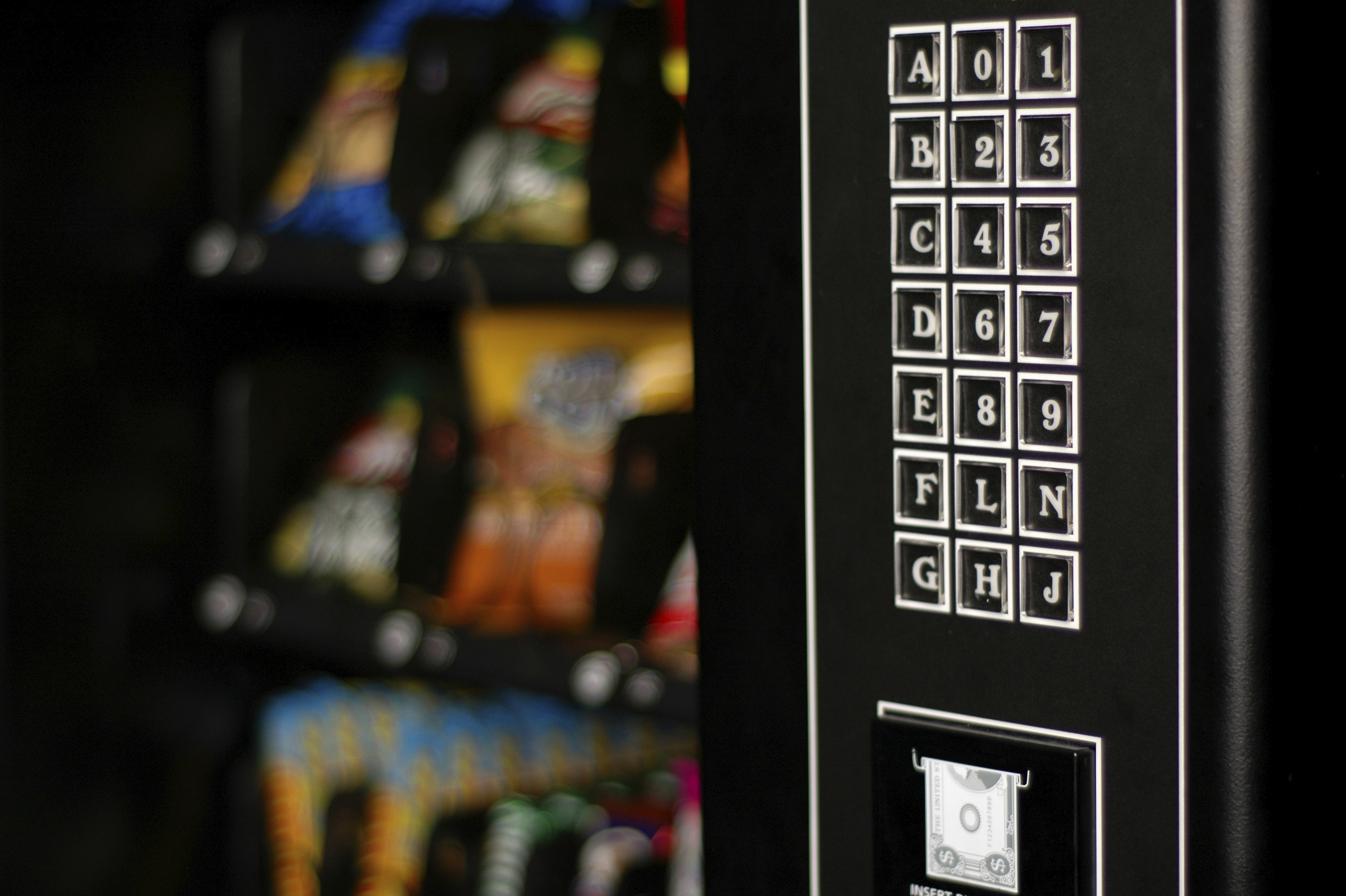The researchers found that food sold in vending machines was high in fat, sugar and saturated fat, while the drinks sold were generally high in sugar.
HanlaPark, student in the MSc in Nutrition, Physical Activity and Public Health at the School for Policy Studies, who conducted the research, said: ‘Vending machine use has been associated with low dietary quality in children, but there is limited evidence on its role in food habits of university students. We examined the nutritional value of food sold in vending machines at the University of Bristol, and surveyed 137 students about their use of the machines, their diet, lifestyle and body weight’.
‘Interestingly, we also found that, aside from the food they consumed from vending machines, the students who used them consumed more soft drinks, savoury snacks, fruit juice, meat products and microwave meals than those who did not.’
Dr Angeliki Papadaki, Lecturer in Public Health Nutrition at the Centre for Exercise, Nutrition and Health Sciences, who supervised the study, said: ‘The nutritional quality of the majority of foods and drinks available from vending machines at the University of Bristol is poor. What we aim to do now is use this study as a basis for the development of an intervention which could positively change the vending machine environment in the University.’
Paper:
Hanla Park, Angeliki Papadaki (2015) Nutritional value of foods sold in vending machines in a UK University: Formative, cross-sectional research to inform an environmental intervention. Appetite 96: 517-525 http://www.sciencedirect.com/science/article/pii/S0195666315300738
